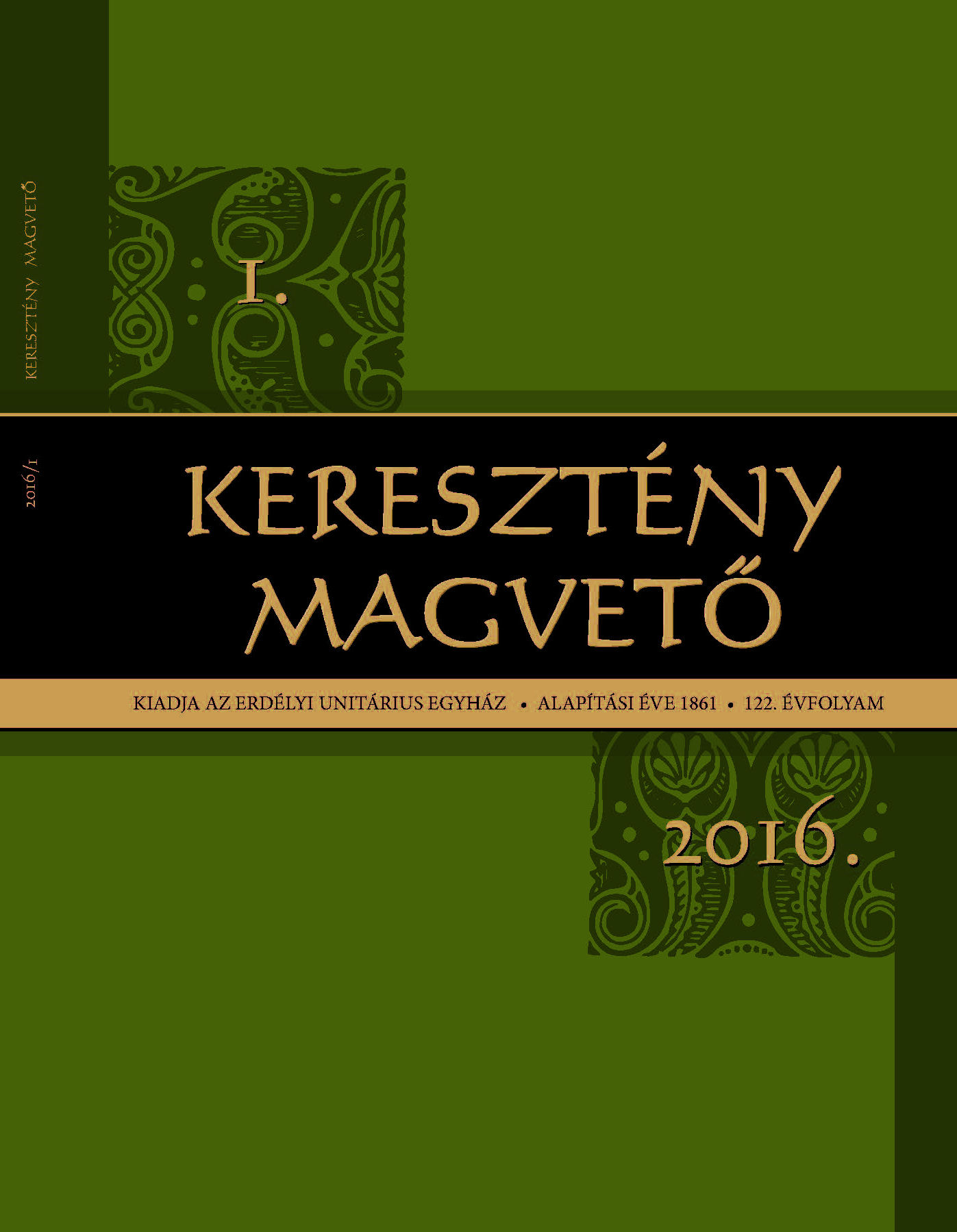„…rajta kívül nem teremhet fű a folklórtudomány cseppet sem kies mezején”.
“...without his approval there is no grass on the not so pleasant field of folklore.”
Critical Observationson Ethnographer József Faragó’s(1922-2004) Work
Author(s): Anna SzakálSubject(s): History, Ethnohistory
Published by: Erdélyi Unitárius Egyház
Keywords: József Faragó; ethnology; folklore; Transylvania; János Kriza; Unitarian bishop;letters;
Summary/Abstract: The article provides a new perspective upon the image, the scientific work, method and ethics of the well known Transylvanianethnologist, József Faragó. Under the Communist regime Faragó was one of the last ones allowed to earn a scientific degree in ethnology and folklore before the authorities banned the ethnology department in 1948. (Note: the“one and only” phrase does not make sense because the rest of the article talks about his conflicts with “his contemporary or fellow scholars" in the profession during his time) His contemporary or fellow scholars did not normally criticize his methods and ways of working, because Faragó would use all his influence to sabotage the career of anyone that dared to contradict, to find personal, specific initiativesin folklore or ethnology. There were only a few scholars who dared to draw attention to his scientific inaccuracies: Árpád Antal, Károly Borbáth, or most recently Katalin Olosz,. As the documents of the Securitate have slowly become available, one can begin to study the time and circumstances of József Faragó’s infamous scientific work. Some records are already available (for example, Ádám Könczei’s) that reinforce the suspicion that the unethical jealousy in his scientific career must have been nurtured by the Communist status quo. The article builds upon certain cases and arguments driven from the Kriza-research (János Kriza (1811 - 1875) Unitarian bishop) by Faragó: the scholar never published the Kriza-letters of which he stated that he copied them all in order to publish them, and throughout the decades he managed to create the illusion that the original Kriza-letters were lost in the WW II.
Journal: KERESZTÉNY MAGVETŐ
- Issue Year: 122/2016
- Issue No: 1
- Page Range: 39-73
- Page Count: 35
- Language: Hungarian

